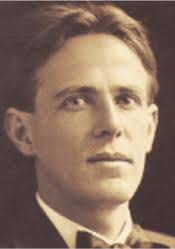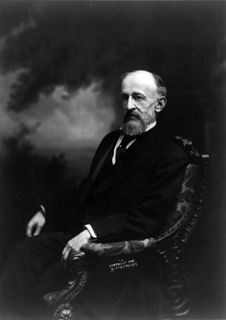A Quote by Wayne Dyer
The only boundaries we have are in form. There are no obstacles in thought.
Quote Topics
Related Quotes
The principle of Creative Limitations calls for freedom within a circle of obstacles and restricted boundaries. Talent is like a muscle: without something to push against, it atrophies. So we deliberately put obstacles in our path - barriers that will inspire us. We disciple ourselves as to what to do, while we're boundless as to how to do it.
Everything has boundaries. the same holds true with thought. you shouldn't fear boundaries, but you also should not be afraid of destroying them. that's what is most important if you want to be free: respect for and exasperation with boundaries. what's really important in life is always the things that are secondary.
The difference between a path and a road is not only the obvious one. A path is little more than a habit that comes with knowledge of a place. It is a sort of ritual of familiarity. As a form, it is a form of contact with a known landscape. It is not destructive. It is the perfect adaptation, through experience and familiarity, of movement to place; it obeys the natural contours; such obstacles as it meets it goes around.
It is the business of thought to define things, to find the boundaries; thought, indeed, is a ceaseless process of definition. It is the business of Art to give things shape. Anyone who takes no delight in the firm outline of an object, or in its essential character, has no artistic sense. He cannot even be nourished by Art. Like Ephraim, he feeds upon the East wind, which has no boundaries.
Eros is an issue of boundaries. He exists because certain boundaries do. In the interval between reach and grasp, between glance and counterglance, between ‘I love you’ and ‘I love you too,’ the absent presence of desire comes alive. But the boundaries of time and glance and I love you are only aftershocks of the main, inevitable boundary that creates Eros: the boundary of flesh and self between you and me. And it is only, suddenly, at the moment when I would dissolve that boundary, I realize I never can.






































